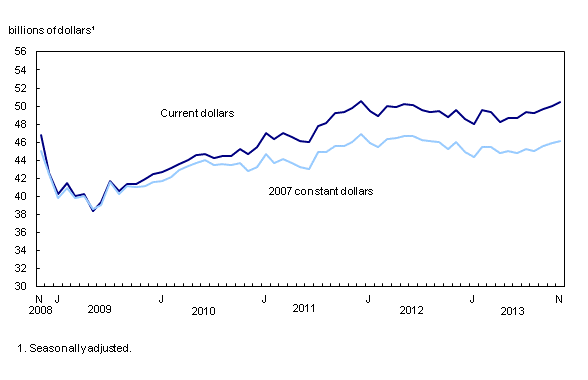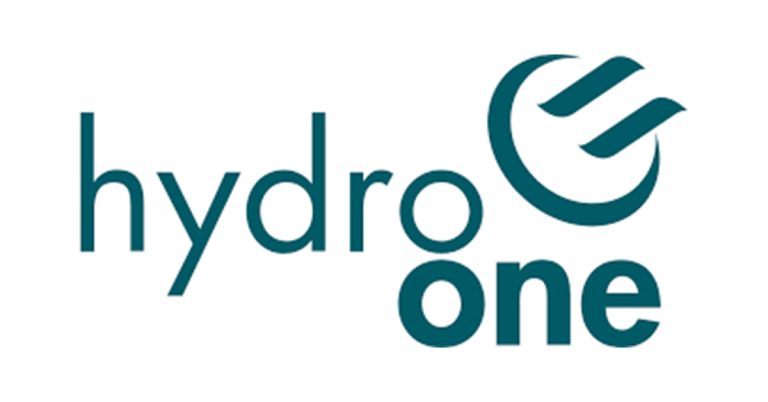How Marketing Will Change for the Rest of 2020 (and Beyond?)

May 28, 2020
By Katrina Olson
When the World Health Organization (WHO) declared COVID-19 a pandemic on March 11, our world changed dramatically. Families canceled Spring Break travel, businesses began moving workers home, and in mid-March Canada and the U.S. agreed to close their mutual border to non-essential travel. Due to the level of integration between the two economies, the agreement exempts the flow of trade and commerce. Nevertheless, the pandemic had immediate and obvious impacts on electrical wholesalers. Supply chains were interrupted, counters were converted to curbside pickup only, and office staff were sent home with laptops.
Because construction and related services were deemed essential, business continued as (un)usual, with office staff working remotely and counter, warehouse, delivery, operations, and some office staff working on site with extra safety precautions.
Initially, marketing was only mildly affected as promotions were pulled or postponed, co-op funding was frozen, and events were cancelled. Many marketers took this opportunity to update their websites and collateral materials, upgrade their skills, or do some strategic marketing planning.
As the workforce starts moving back into offices, factories, warehouses, counters, and showrooms, and getting back to business as (somewhat) usual, the marketing department will face some new and unique challenges.
Electrical wholesalers are opening their doors with modifications for safety. They’re staggering shifts to enable physical distancing, maintaining travel restrictions, cleaning more frequently, and implementing other health and safety measures.
Distributors will expect new behaviours from customers as well. For example, if customers are expected to remain two metres apart, wear masks, or follow specified traffic patterns, this will need to be communicated through signs, emails, and other materials. Marketing may also need to provide visual aids like directional arrows, spacing indicators on the floor, and physical barriers between customers and staff.
It’s not clear how the construction and electrical contracting industries will be affected, but we may continue to see supply chain disruptions, accounts receivable problems, and a decline in future projects.
And so, the challenge for marketing becomes even greater. Distributors will be vying for business in an even more competitive market with presumably fewer marketing resources.
What will marketing look like in a post-lockdown economy?
For those who remember the Y2K scare and subsequent effects of the U.S. 9/11 terrorist attacks, or the 2008 banking crisis, the impact on marketing will seem familiar.
1. Marketers will be expected to do more with less. Budgets will be cut and co-op dollars will be more important than ever. Media contracts will be renegotiated and printers and other service providers will be cutting prices and making deals to get what business they can as the market for their services becomes more competitive as well.
2. Marketing departments will become leaner. Outsourcing to freelancers may be limited and staff will be encouraged to do as much as possible in house, even if the work is not up to usual quality standards. Some staff may be cut, or at minimum hiring will be frozen.
3. Major marketing investments will be postponed. Major brand overhauls, research projects or technology investments may be put on hold until the future becomes more clear or the economy stabilizes.
4. Marketing will be increasingly called on to support sales. The focus will shift from the expensive, luxury (gift or travel-based) promotions of the past to more sales-focused efforts. Sales staff will need collateral and support materials, primarily in digital formats. They’ve become accustomed to working remotely and selling by phone and email. This will likely continue until the COVID dust settles.
5. Marketing will be expected to focus on measurable, high-return activities. If there were ever a time for using highly targeted social and digital marketing to drive online buying, it’s now. Think email, LinkedIn, retargeting, and text-based push marketing to drive traffic to online stores, mobile apps and e-commerce platforms.
6. Marketers must demand more flexibility and support from manufacturers, who have an opportunity to build loyalty by being more agile. In recent months, traditional promotions have been impractical as most counters have offered only curbside pickup. Manufacturers must offer alternative promotions and offers that don’t require a physical visit. Manufacturers could also be more liberal with co-op funds by extending “use by” deadlines and giving distributors more leeway in how funds are utilized.
7. More marketing materials will be digital with less traditional and printed media. That planned corporate brochure or newsletter may now be a digitally delivered flipbook or PDF — at least until we recover from the losses of the past few months and get a feel for how the future will be impacted.
We don’t yet know the full effects of the COVID-19 pandemic on our industry. But in the short term, marketing departments must be leaner, smarter, and more tech-savvy than ever. That may mean upgrading some skills or learning new ones, stepping outside of our comfort zones, and reworking our marketing teams and plans for the remainder of 2020.
Hang on; it’s going to be an interesting ride.
Katrina Olson is a marketing consultant, trainer, and writer, and principal of Katrina Olson Marketing + Training. She works with distributors, manufacturers, associations, and other B2B clients, as well as writing for several industry trade publications. She can be reached at katrina@katrinaolson.com or via her website at www.katrinaolson.com.











